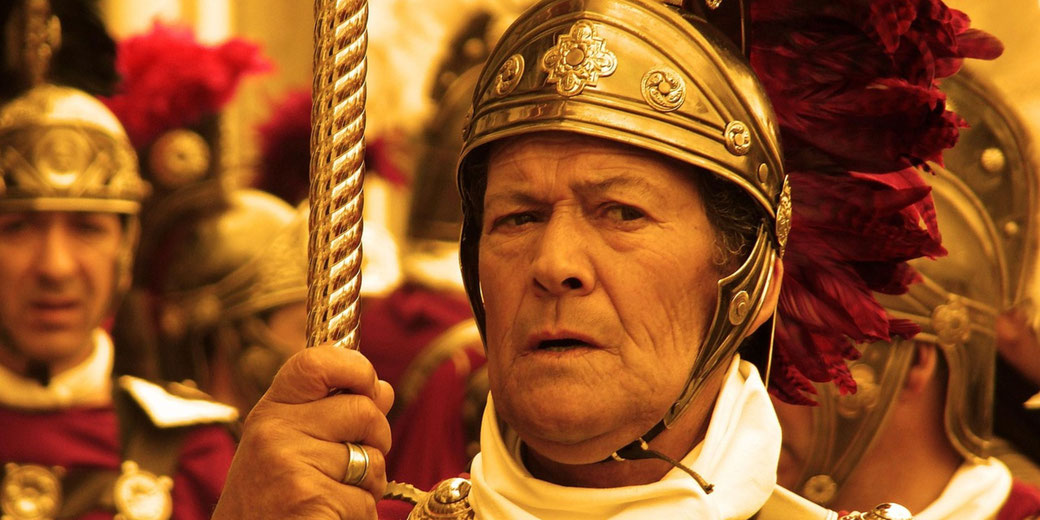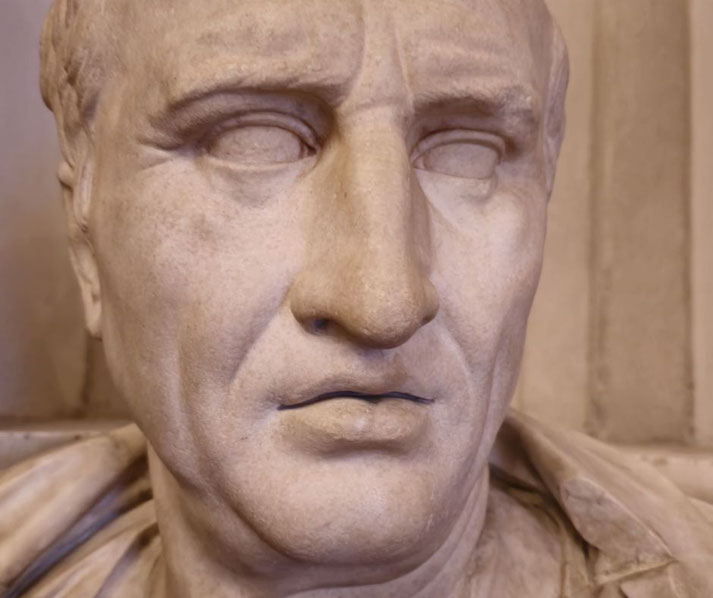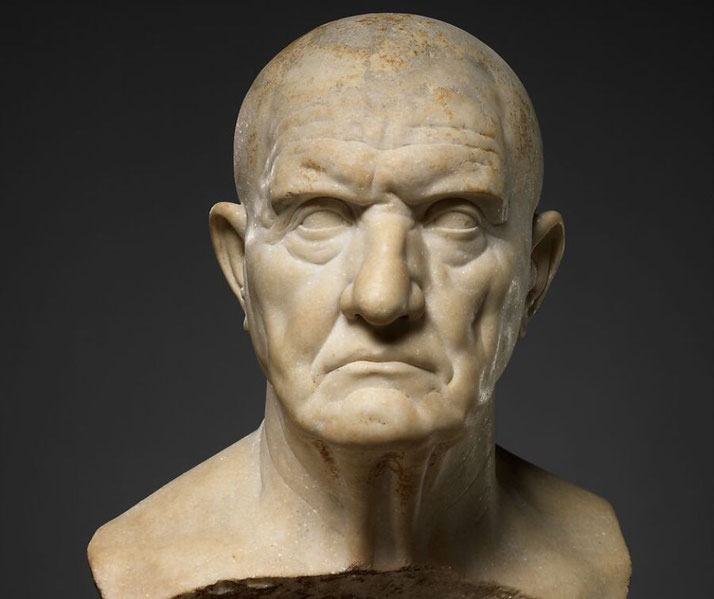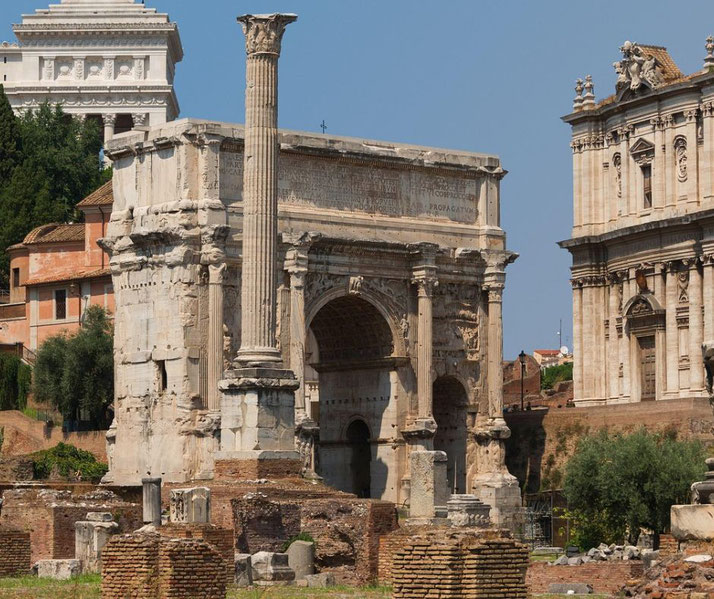The government of the ancient Roman Republic

When the Romans expelled their last king in 509 BC, Rome became a republic.
What made a republic different from having a king is that no single person held all the power in society.
Instead of having a king that held power for life, the people voted on multiple people who shared the power.
These officials were called 'magistrates,' and they were given political power for a limited period of one year.
Every year, the people would vote for new people to hold these positions. This system of voting and shared power in Rome is known as the Roman Republic.

Roman social classes
In ancient Rome, citizens were divided into two groups, known as the patricians and the plebeians.
Patricians were the richest families in Rome and were usually the people who were voted into the political positions in the republic.
On the other hand, the plebeians were the poorer citizens of Rome, but they were usually the ones who voted in the elections.
There were always more plebeians in Rome than there were patricians. Even though the patricians were richer, they needed the plebeians to vote for them.
At one point in the early history of Rome, the plebeians became angry that the patricians were the only ones who could be voted into the magistracies.
The plebeians threatened to leave Rome entirely.
To stop this from happening, the patricians created a new government position, known as the plebeian tribune, that only plebeians could be voted into.

The magistracies
Here is a list of the positions, or magistracies, that Romans could be voted into every year.
Consul
The consulship was the most powerful position in the Roman Republic. As a result, two consuls were elected every year to ensure that no single person had this power. Consuls had the power to raise and lead armies.
Praetor
Six to eight people were elected as praetors every year. A praetor acted as a judge to make sure that people followed the laws of Rome.
Aedile
Aediles oversaw the day-to-day running of the city of Rome. They looked after the temples, repaired public buildings, organised entertainment and festivals, and were responsible for ensuring the citizens had enough water and food in the markets.
Quaestor
Around twenty people could be elected as quaestors each year. A quaestor worked as an assistant for the other roles in the republic, and they did a lot of the administrative tasks. They could be assigned duties in Rome or as assistants to governors in the provinces. Also, questors were responsible for carrying out the entertainments arranged by the aediles.
Plebeian Tribune
As mentioned above, only plebeians could be voted into this role. It was the tribune's responsibility to make sure that the plebeians were treated fairly. If the tribunes thought that a particular law was unfair, they had the power to cancel it entirely.
The Senate
The magistrates were not the only officials with power in the Roman Republic.
There was a larger group of people, known as the Senate, which oversaw the yearly elections and created laws for the Romans to follow.
The Senate was made up of senators. Senators were people who had held one of the magistracies during their life and were now considered to be the most experienced politicians in Rome.
Once a person had completed their one-year term as a magistrate, they entered the Senate and remained there for the rest of their lives.
Since the senators were the most experienced people in Rome, they gave advice to the consuls.

The end of the republican system
Ancient Rome followed the republican system of government from 509 BC until 27 BC, when it turned into an empire.
In the empire, an emperor had supreme power over all of the magistrates. Instead of being voted into the position, emperors held their role until they died.
Essentially, emperors were just like kings.
What do you need help with?
Download ready-to-use digital learning resources
Copyright © History Skills 2014-2025.
Contact via email
With the exception of links to external sites, some historical sources and extracts from specific publications, all content on this website is copyrighted by History Skills. This content may not be copied, republished or redistributed without written permission from the website creator. Please use the Contact page to obtain relevant permission.





